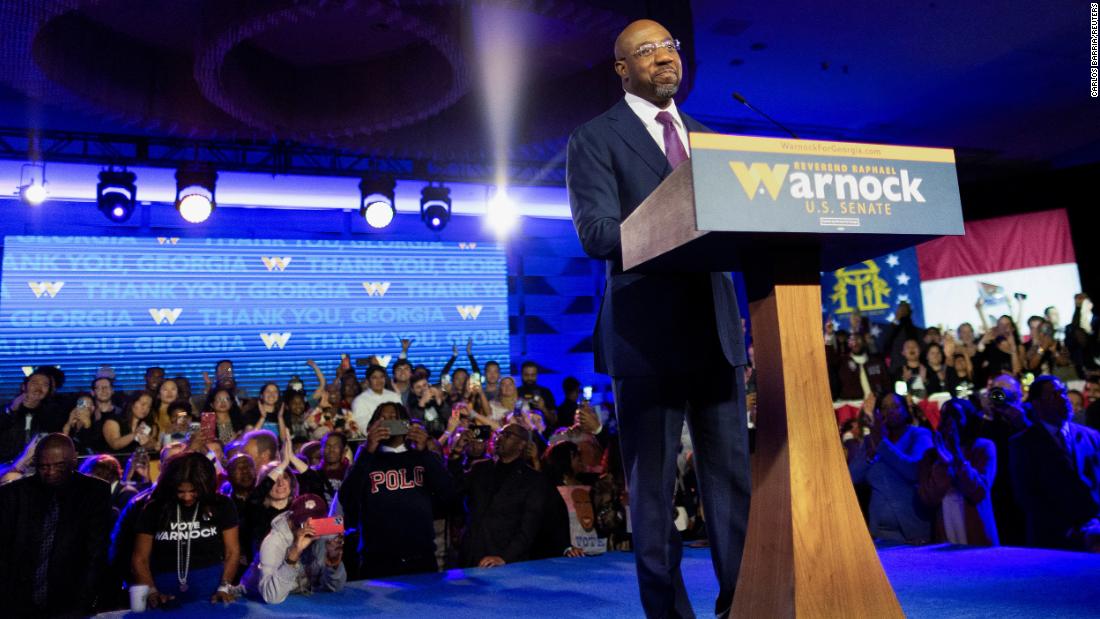DOJ Rule Offers Release to Thousands of Federal Inmates
A new rule recently published by the Justice Department allows more people to participate in a program that grants prisoners the opportunity to earn shorter jail terms, through the First Step Act.

A new rule recently published by the Justice Department allows more people to participate in a program that grants prisoners the opportunity to earn shorter jail terms, affecting how the Department and the Bureau of Prisons carry out the First Step Act and expanding job training and other efforts aimed at reducing recidivism, early-release programs, and modifying sentencing laws, reports the New York Times.
The new rule is a response to a previous ordinance proposed by former Attorney General William P. Barr that would have counted only credits for good behavior and job training assigned and completed after Jan. 15, 2020 for potential early release, rendering ineligible any credits earned before the First Step Act was passed in 2018.
Critics argued that the proposed rule did not accurately reflect the intent of the lawmakers who had drafted the bill, and that it kept thousands of people behind bars who should be immediately released. Supporters of the new guidelines said that they could result in the release of as many people as were freed immediately after passage of the First Step Act, which was more than 3,100 out of the 157,596 federal inmates imprisoned today.
As part of those guidelines, the Federal Bureau of Prisons has begun transferring eligible inmates to supervised release programs, residential re-entry centers or home confinement.
Additional Reading: Compassionate Release and the Pandemic: A Policy Failure? The Crime Report, July 21, 2021

 Landwebs
Landwebs 






















